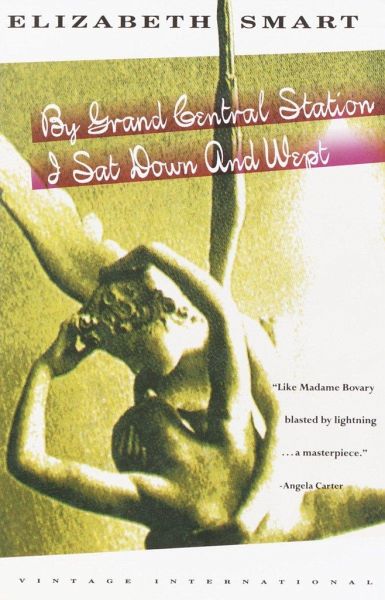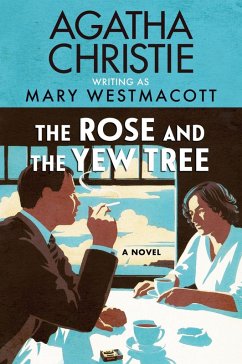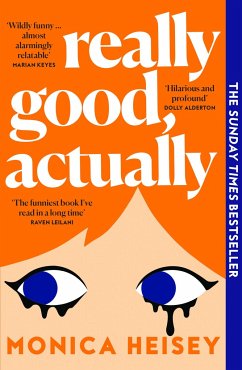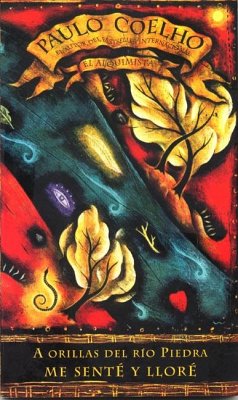
By Grand Central Station I Sat Down and Wept
Versandkostenfrei!
Versandfertig in über 4 Wochen
12,99 €
inkl. MwSt.
Weitere Ausgaben:

PAYBACK Punkte
6 °P sammeln!
Originally published in 1945, this book of poetic prose encapsulates former journalist Elizabeth Smart's relationship with poet George Barker. Instantly, upon picking up a book of his poetry while browsing through a London bookshop, Smart fell in love with the poet. They would soon begin an indulgent love affair during which she gave birth to four of his children. He, however, remained legally married to his wife. This tale of passionate but fanatical love is a modern reflection of the Romantic poets. Accompanied in this edition by The Assumption of the Rogues and Rascals, a short novel that m...
Originally published in 1945, this book of poetic prose encapsulates former journalist Elizabeth Smart's relationship with poet George Barker. Instantly, upon picking up a book of his poetry while browsing through a London bookshop, Smart fell in love with the poet. They would soon begin an indulgent love affair during which she gave birth to four of his children. He, however, remained legally married to his wife. This tale of passionate but fanatical love is a modern reflection of the Romantic poets. Accompanied in this edition by The Assumption of the Rogues and Rascals, a short novel that may be read as its sequel, By Grand Central Station I Sat Down and Wept has been hailed by critics worldwide as a work of sheer genius. Foreword by Brigid Brophy













